- Great Learning
- Free Courses
- It & Software
Earn a certificate & get recognized
Java Applications
Learn about the need for Java Applications in domains like Web, Mobile, AI/ML, Big Data & more!
Instructor:
Pragya PJava Applications
10.3K+ learners enrolled so far
Stand out with an industry-recognized certificate
10,000+ certificates claimed, get yours today!
Get noticed by top recruiters
Share on professional channels
Globally recognised
Land your dream job

Skills you will gain
Java Introduction
Java Applications
Key Highlights
Get free course content
Master in-demand skills & tools
Test your skills with quizzes
About this course
Multiple programming languages have emerged over the years furthering the technological boom we have witnessed until now. Java is one such popular programming language that is known for its platform independence and widespread applicability in different fields. In this Java applications course, we will talk about the various fields and real-world scenarios where Java can be used to develop softwares, systems, or apps. We will also dig into Java’s applications in the domains of web applications, mobile applications, embedded systems, distributed systems, cloud-based systems, Artificial Intelligence & Machine Learning-based systems, Scientific and mathematical applications, etc.
Explore our Software Engineering Courses today.
Course outline
Introduction to Java
Introduction to Java Applications
Java Application: Desktop Tools
Java Application: Mobile Application
Java Application: Enterprise Level Solution
Java Application: Shared Applications
Java Application: Dive Into World of Cloud
Java Application: Embedded Systems
Java Application: 2D and 3D Games
Java Application: Develop Artificial Intelligence
Java Application: High Performance Websites
Java Application: Work with Big Data
Java Application: Web Servers & Application Servers
Java Application: IDEs
Java Application: Science and Mathematics
Java Application: Aeronautics
Get access to the complete curriculum once you enroll in the course
Stand out with an industry-recognized certificate
10,000+ certificates claimed, get yours today!
Get noticed by top recruiters
Share on professional channels
Globally recognised
Land your dream job

Java Applications

1.5 Hours
Beginner
10.3K+ learners enrolled so far
Get free course content
Master in-demand skills & tools
Test your skills with quizzes
Refer and earn
Get learning discounts up to $20
Learner reviews of the Free Courses

5.0
4.0

5.0
Our course instructor

Pragya P
IT & Software Expert
Frequently Asked Questions
Will I receive a certificate upon completing this free course?
Is this course free?
What is Java used for?
Java is one of the most preferred programming languages globally since it is used for various purposes, such as a computing platform. Java can be used to produce applications that run on desktops, smartphones, and other devices. It can also be used to build websites and web applications that are secure and reliable.
Can Java be used to develop web applications?
Yes, Java can be used to build web applications, especially on the server side. Java web applications are distributed and work on the internet. CISC Temporary Storage Queue (TSQ) is a Java web application example that includes a plug-in project, a dynamic web project, and a CISC bundle project.
Which technology in Java is used to create a web application?
Angular.JS and Node.JS are the two technologies in Java that are used to create web applications. Another technology in Java that supports the creation of web applications is JavaServer Pages (JSP). It serves as a platform to provide a simplified, faster approach to building dynamic web applications. It enables rapid development of web applications that are server-side and are platform-independent.
How does a web application connect to the database?
Web applications are connected to the database to access the data. The simple procedure to do this is:
• Populate the database with the domain-specific data
• Create the data source in the application server
• Define a web application resource reference
• Map the resource reference to the database defined in the application server.
Why is Java popular for internet applications?
Java’s development philosophy is flexible and user-friendly demeanor and hence makes the most commonly used programming language used to create web applications and platforms. It gives the privilege for programmers to write the code once and run anywhere (WORA). It is also a secure language to work with complex applications comparatively. It has better built-in security characteristics and thus makes the best choice to use for internet applications.
How does a Java application work?
Java does not compile programs into executable files, but they are compiled into bytecode in which the Java Virtual Machine (JVM) later executes at the runtime. The Javaic compiler is used to compile the Java source code into bytecode, and this complied bytecode then gets saved on the disk with the file extension. Also, applications of Java are much organized and easy to use.
Will I get a certificate after completing this Java Applications free course?
Yes, you will get a certificate of completion for Java Applications after completing all the modules and cracking the assessment. The assessment tests your knowledge of the subject and badges your skills.
How much does this Java Applications course cost?
It is an entirely free course from Great Learning Academy. Anyone interested in learning the basics of Java Applications can get started with this course.
Is there any limit on how many times I can take this free course?
Once you enroll in the Java Applications course, you have lifetime access to it. So, you can log in anytime and learn it for free online.
Can I sign up for multiple courses from Great Learning Academy at the same time?
Yes, you can enroll in as many courses as you want from Great Learning Academy. There is no limit to the number of courses you can enroll in at once, but since the courses offered by Great Learning Academy are free, we suggest you learn one by one to get the best out of the subject.
Why choose Great Learning Academy for this free Java Applications course?
Great Learning Academy provides this Java Applications course for free online. The course is self-paced and helps you understand various topics that fall under the subject with solved problems and demonstrated examples. The course is carefully designed, keeping in mind to cater to both beginners and professionals, and is delivered by subject experts. Great Learning is a global ed-tech platform dedicated to developing competent professionals. Great Learning Academy is an initiative by Great Learning that offers in-demand free online courses to help people advance in their jobs. More than 5 million learners from 140 countries have benefited from Great Learning Academy's free online courses with certificates. It is a one-stop place for all of a learner's goals.
What are the steps to enroll in this Java Applications course?
Enrolling in any of the Great Learning Academy’s courses is just one step process. Sign-up for the course, you are interested in learning through your E-mail ID and start learning them for free online.
Will I have lifetime access to this free Java Applications course?
Yes, once you enroll in the course, you will have lifetime access, where you can log in and learn whenever you want to.
Become a Skilled Professional with Pro Courses
Gain work-ready skills with guided projects, top faculty and AI tools, all at an affordable price.


View Course

Included with Pro+ Subscription

View Course

Included with Pro+ Subscription
.jpg)
View Course

Included with Pro+ Subscription


View Course

Included with Pro+ Subscription


View Course

Included with Pro+ Subscription

View Course

Included with Pro+ Subscription

View Course

Included with Pro+ Subscription

View Course

Included with Pro+ Subscription

View Course

Included with Pro+ Subscription

View Course

Included with Pro+ Subscription

View Course

Included with Pro+ Subscription
.jpg)
View Course

Included with Pro+ Subscription

View Course

Included with Pro+ Subscription


View Course

Included with Pro+ Subscription




View Course

Included with Pro+ Subscription


View Course

Included with Pro+ Subscription
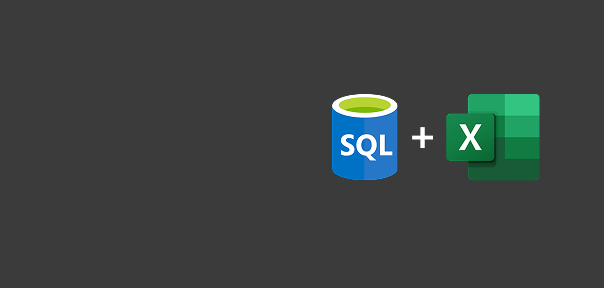

View Course

Included with Pro+ Subscription


View Course

Included with Pro+ Subscription


View Course

Included with Pro+ Subscription
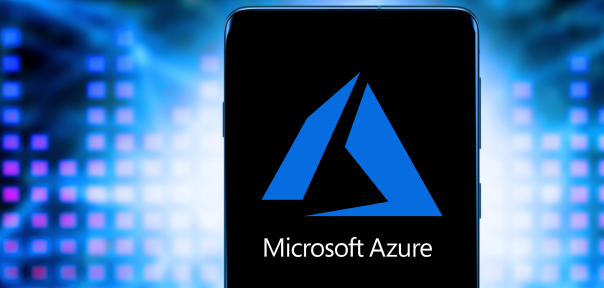

.jpg)
View Course

Included with Pro+ Subscription
.png)
View Course

Included with Pro+ Subscription

View Course

Included with Pro+ Subscription

View Course

Included with Pro+ Subscription
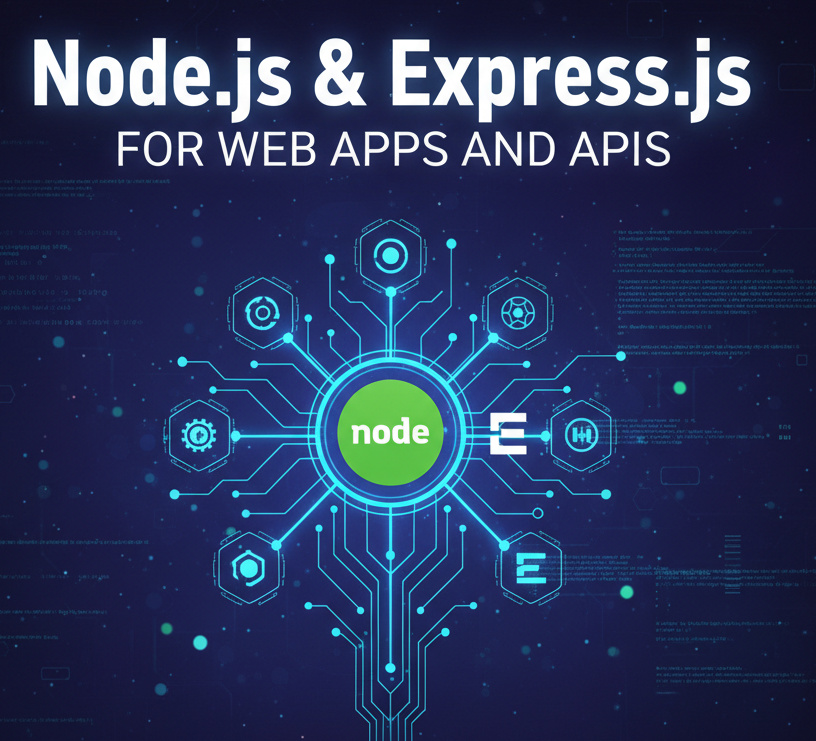
View Course

Included with Pro+ Subscription
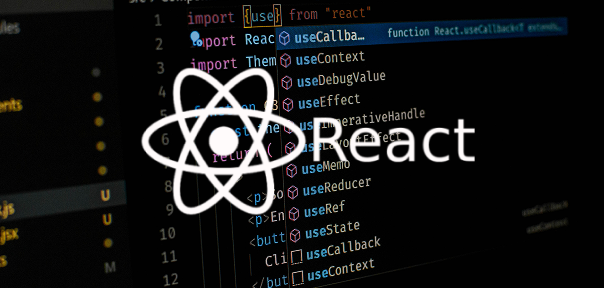
View Course

Included with Pro+ Subscription
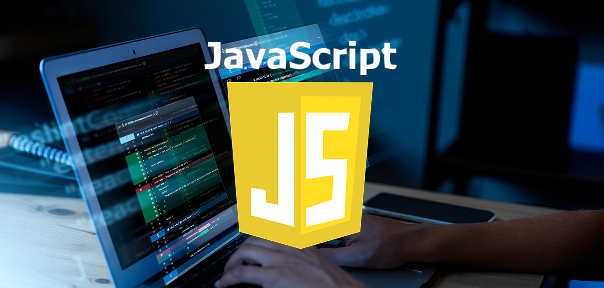
View Course

Included with Pro+ Subscription

View Course

Included with Pro+ Subscription
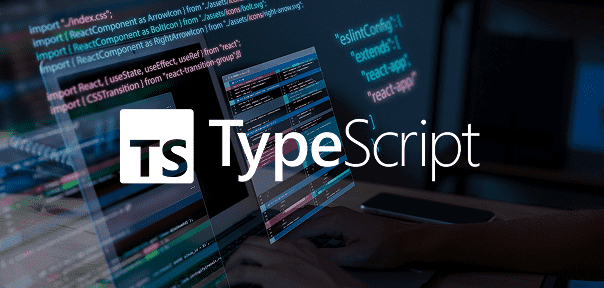
View Course

Included with Pro+ Subscription


View Course

Included with Pro+ Subscription

View Course

Included with Pro+ Subscription
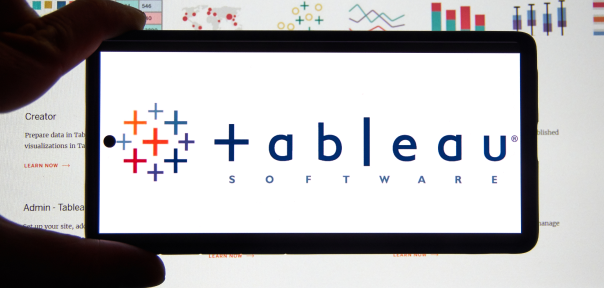
View Course

Included with Pro+ Subscription
.png)
View Course

Included with Pro+ Subscription

View Course

Included with Pro+ Subscription

View Course

Included with Pro+ Subscription

View Course

Included with Pro+ Subscription

View Course

Included with Pro+ Subscription

View Course

Included with Pro+ Subscription
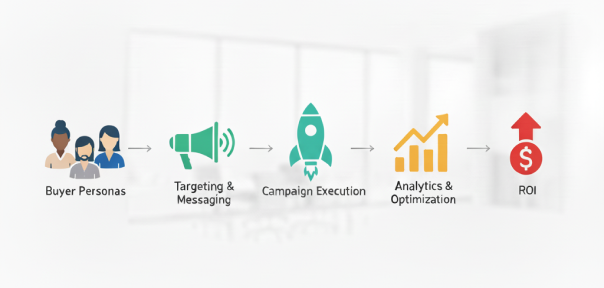
View Course

Included with Pro+ Subscription
.jpg)
View Course

Included with Pro+ Subscription
.jpg)
View Course

Included with Pro+ Subscription
.jpeg)
View Course

Included with Pro+ Subscription
.jpg)
View Course

Included with Pro+ Subscription
.png)
View Course

Included with Pro+ Subscription


View Course

Included with Pro+ Subscription
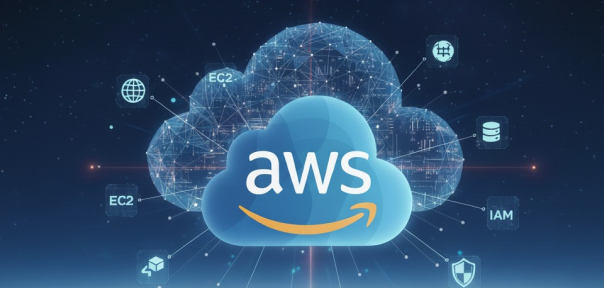

View Course

Included with Pro+ Subscription


View Course

Included with Pro+ Subscription
.png)
View Course

Included with Pro+ Subscription
.jpg)

.jpg)

.png)

View Course

Included with Pro+ Subscription
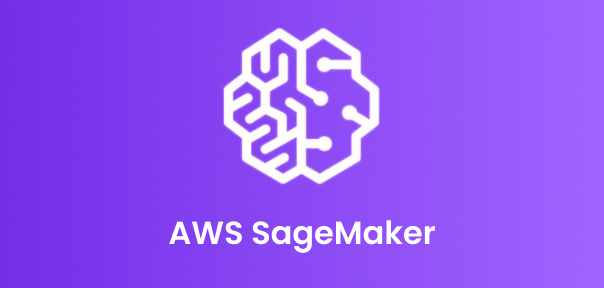

View Course

Included with Pro+ Subscription
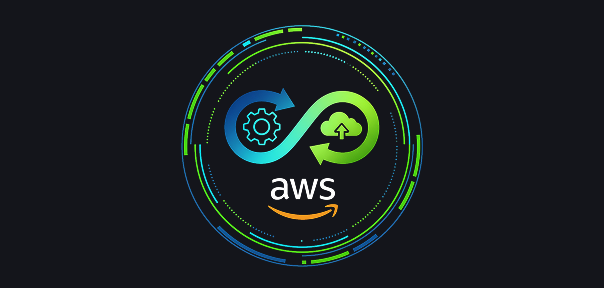
View Course

Included with Pro+ Subscription

View Course

Included with Pro+ Subscription

View Course

Included with Pro+ Subscription
.png)
View Course

Included with Pro+ Subscription
.png)
View Course

Included with Pro+ Subscription
.png)
View Course

Included with Pro+ Subscription
Popular


View Course

Included with Pro+ Subscription

View Course

Included with Pro+ Subscription
.jpg)
View Course

Included with Pro+ Subscription


View Course

Included with Pro+ Subscription


View Course

Included with Pro+ Subscription

View Course

Included with Pro+ Subscription

View Course

Included with Pro+ Subscription

View Course

Included with Pro+ Subscription
AI & Generative AI

View Course

Included with Pro+ Subscription

View Course

Included with Pro+ Subscription

View Course

Included with Pro+ Subscription
.jpg)
View Course

Included with Pro+ Subscription

View Course

Included with Pro+ Subscription


View Course

Included with Pro+ Subscription


Microsoft Courses


View Course

Included with Pro+ Subscription


View Course

Included with Pro+ Subscription


View Course

Included with Pro+ Subscription


View Course

Included with Pro+ Subscription


View Course

Included with Pro+ Subscription


IT & Software
.jpg)
View Course

Included with Pro+ Subscription
.png)
View Course

Included with Pro+ Subscription

View Course

Included with Pro+ Subscription

View Course

Included with Pro+ Subscription

View Course

Included with Pro+ Subscription

View Course

Included with Pro+ Subscription

View Course

Included with Pro+ Subscription

View Course

Included with Pro+ Subscription

View Course

Included with Pro+ Subscription
.png)
View Course

Included with Pro+ Subscription
.png)
View Course

Included with Pro+ Subscription

View Course

Included with Pro+ Subscription

View Course

Included with Pro+ Subscription

View Course

Included with Pro+ Subscription

View Course

Included with Pro+ Subscription

View Course

Included with Pro+ Subscription


View Course

Included with Pro+ Subscription

View Course

Included with Pro+ Subscription

View Course

Included with Pro+ Subscription


View Course

Included with Pro+ Subscription


View Course

Included with Pro+ Subscription
 (1).png)
View Course

Included with Pro+ Subscription
Data Science & ML


View Course

Included with Pro+ Subscription

View Course

Included with Pro+ Subscription

View Course

Included with Pro+ Subscription
.png)
View Course

Included with Pro+ Subscription

View Course

Included with Pro+ Subscription

View Course

Included with Pro+ Subscription
Management

View Course

Included with Pro+ Subscription

View Course

Included with Pro+ Subscription

View Course

Included with Pro+ Subscription

View Course

Included with Pro+ Subscription
.jpg)
View Course

Included with Pro+ Subscription
.jpg)
View Course

Included with Pro+ Subscription
.jpeg)
View Course

Included with Pro+ Subscription
.jpg)
View Course

Included with Pro+ Subscription
.png)
View Course

Included with Pro+ Subscription
.png)
View Course

Included with Pro+ Subscription
.png)
View Course

Included with Pro+ Subscription

View Course

Included with Pro+ Subscription
.png)
View Course

Included with Pro+ Subscription
.png)
View Course

Included with Pro+ Subscription
 (1).jpg)
View Course

Included with Pro+ Subscription
.png)
View Course

Included with Pro+ Subscription
Cloud Computing


View Course

Included with Pro+ Subscription


View Course

Included with Pro+ Subscription


View Course

Included with Pro+ Subscription
.png)
View Course

Included with Pro+ Subscription
.jpg)

.jpg)

.png)

View Course

Included with Pro+ Subscription


View Course

Included with Pro+ Subscription

View Course

Included with Pro+ Subscription
.png)



.png)

View Course

Included with Pro+ Subscription



Cyber Security

View Course

Included with Pro+ Subscription

View Course

Included with Pro+ Subscription
.png)
View Course

Included with Pro+ Subscription
.png)
View Course

Included with Pro+ Subscription
.png)
View Course

Included with Pro+ Subscription
Subscribe to Academy Pro+ & get exclusive features
$25/month
No credit card required

Learn from 40+ Pro courses
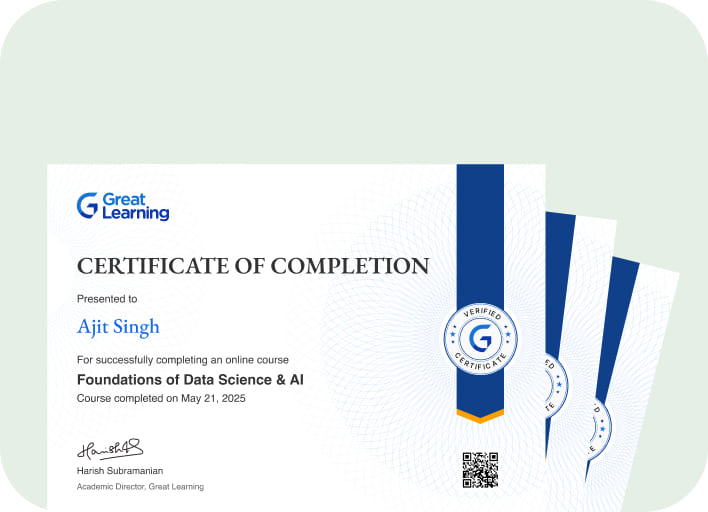
Access 500+ certificates for free
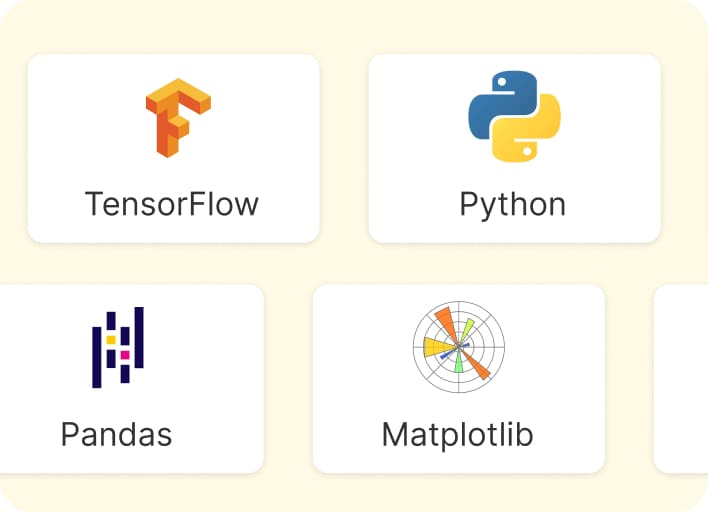
700+ Practice exercises & guided projects
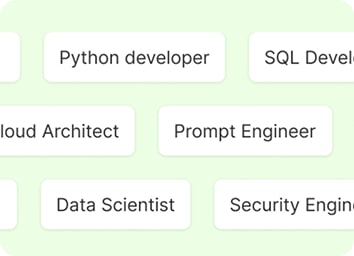
Prep with AI mock interviews & resume builder
Recommended Free Java courses




Similar courses you might like



.jpg)







